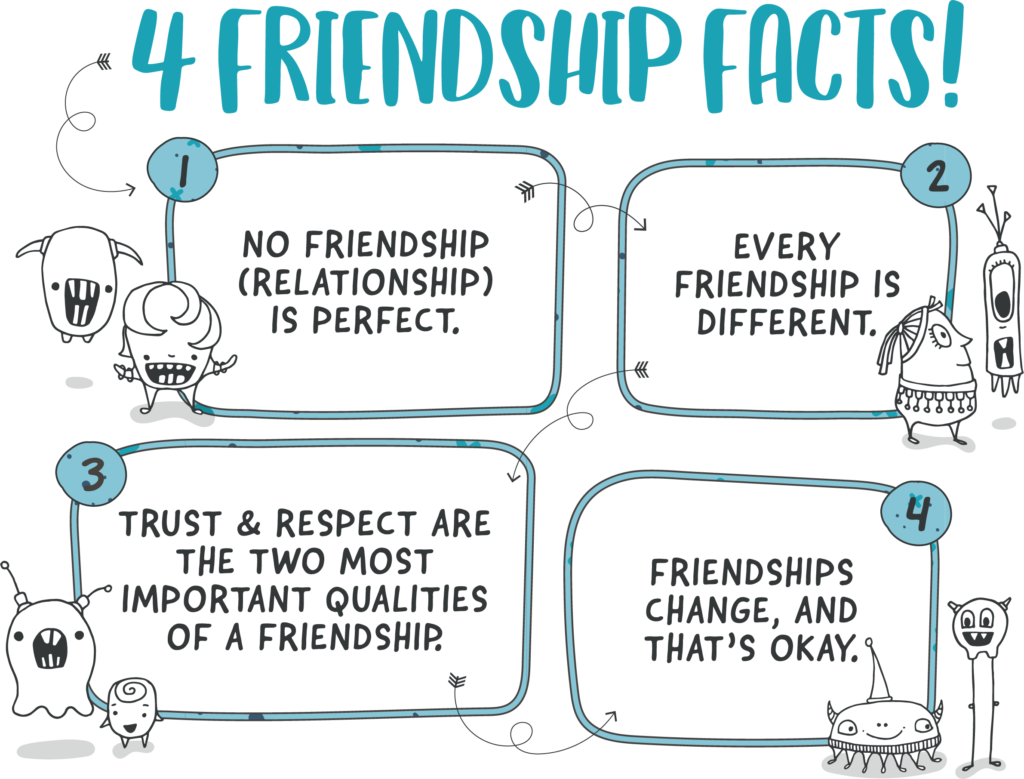Creating a Culture of Kindness through Friendship Skills
Written by Dana Kerford, Founder, URSTRONG
Dana will present “A Whole-School Friendship Strategy: The Heart of Wellbeing” at the Wellbeing for Future Focused Schools Conference on 5 & 6 August 2022 at the Brisbane Convention & Exhibition Centre
Friendships are central to our students’ lives and are among the most important relationships they experience, in school and beyond. When children face challenging friendship issues, their wellbeing and ability to learn is inhibited.
So, how do we teach our students to have healthy relationships? The answer: Focus on friendship skills. When we teach children how to form deep and meaningful friendships, they learn universal strategies that will apply to all the relationships in their lives. This also creates a culture of kindness and belonging in our schools.
For over a decade, we have been helping schools implement our Friendology 101 curriculum and whole-school approach, where parents and teachers empower children with a common language of friendship. Along with highly visual, colourful tools like the Friend-o-Meter, a few core principles are taught and reinforced year-after-year including URSTRONG’s infamous 4 Friendship Facts.
These four simple truths span the ages - from our littlest learners who are still working on sharing and taking turns to our high school students who are dealing with gossip and navigating friendships online.
The 4 Friendship Facts anchor our students in what’s normal, allowing them to develop realistic expectations and feel successful in their friendships:
1. No friendship (or relationship) is perfect
Our students need to understand that conflict is a normal, natural part of a friendship – and they can survive it. When children learn to face their Friendship Fires®, as we call them, and resolve conflict in a way that respects themselves and others – they are less likely to engage in unhealthy behaviours. Helping our students become master conflict-resolvers, rather than conflict-avoiders, fundamentally helps shift a school culture to a place of kindness and respect.
2. Every friendship is different
This seems like common sense, but children often expect every friendship to operate in the same way. They need to understand that every friendship is different because every person is different. If your students are experiencing a challenging friendship, encourage them to identify what works and what does not work. When do they get along with that friend? What are they doing when they experience conflict? Help your students become strategic about their friendships, devising a plan that brings out the best in them. Our students need to understand that each friendship is unique and requires its own set of instructions.
3. Trust and respect are the two most important qualities of a friendship
Trust and respect are the foundation of a strong friendship. When mistrust or disrespect develops, the foundation starts to crack. Ask your students: “What does trust look like in a friendship?” Discuss topics like secrets, reliability, loyalty, honesty, and promises. Ask them: “What does respect look like?” Discuss topics such as listening, inclusion, discrimination, stereotypes, family values, and religious beliefs. Exploring what trust and respect looks like in action, helps our students identify the key ingredients of a healthy friendship.
4. Friendships change… and that’s okay
Friendships are constantly evolving because people are always changing. Sometimes we change, learn and grow alongside our friends; sometimes we simply grow apart or friendships become unhealthy, even toxic. Our students need to become comfortable with this natural ebb and flow of friendships and accept that some friendships may only last a brief time. Remind your students they deserve feel-good friendships and, as hard as it is, sometimes even the ‘best’ friendships change… and that’s okay.
Teaching and reinforcing these four concepts empower students to create strong boundaries and make smart choices within their relationships; helping them set the stage for healthy friendships to grow. When friendship skills are explicitly taught, our students learn how to manage the realities of all their relationships and schools become a place of harmony and belonging.
Join me at the National Education Summit
I will present “A Whole-School Friendship Strategy: The Heart of Wellbeing” at the Wellbeing for Future Focused Schools Conference on 5 & 6 August 2022 at the Brisbane Convention & Exhibition Centre


